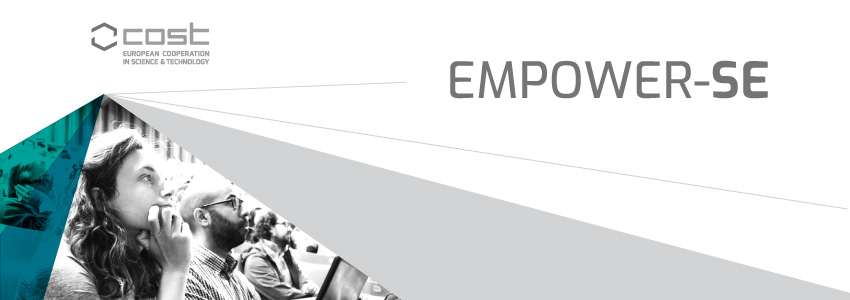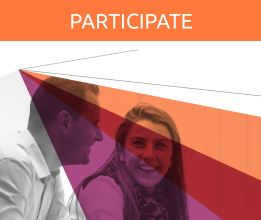Full title: Empowering the next generation of social enterprise scholars
Acronym: EMPOWER-SE
COST Action: CA16206
The main aim is to foster evidence-based policy from local to European levels and to support the development of SEs and their eco-systems in synergy with main industry representatives and stakeholders.
The project attempts to address existing fragmentation in the levels of knowledge regarding social enterprises (SEs), from both a geographical and a disciplinary point of view, as well as from the perspective of different categories of stakeholders.
There is a challenge in achieving a full understanding of the diversity of SE models emerging across Europe and globally, including their conditions of emergence and development, and their contribution to the general interest. This knowledge is necessary to improve our understanding of their contribution to society and to addressing major contemporary societal challenges.
Since SE is a concept embedded in socio-economic contexts possessing highly different economic, social, cultural, welfare structures, it is vital to facilitate the connecting of existing local knowledge and establishing a program for cross-national comparative research, including peripheral regions where the SE scientific community is still embryonic or inexistent.
Currently, knowledge on SEs is disparate with uneven levels of quality and research infrastructure across countries, and with a disjointed evidence base located in a too narrow disciplinary approach. Moreover, young researchers exist but often work in isolation from other international scholars.
Key SE stakeholders (practitioners, policy makers) are increasingly seeking reliable knowledge from the scientific community to improve their understanding of SEs. Therefore, if we want to advance knowledge and to develop evidence-based policy for fostering a sustainable SE eco-system, there is an urgent need to engage a pluri-disciplinary dialogue to grasp the challenges and opportunities presented by the SE field. It is also imperative to link research efforts to the vast diversity of empirical developments in the SE field to achieve this and activate, train and facilitate networking opportunities for researchers, while connecting them with a diversity of SE stakeholders.
The objectives of the project are three-fold:
- Contributing to a comprehensive understanding of the diversity of SE models emerging across Europe and globally; their conditions of emergence and development; and their contribution to key industries for the development of sustainable societies by overcoming existing fragmentation in the levels of knowledge from both a geographical and a disciplinary point of view;
- Empowering the next generation of SE scholars, focusing on expanding the SE scientific community to less research-intensive countries where it is still embryonic or non-existing; and
- Fostering evidence-based policy from local to European levels and supporting the development of SE and their eco-systems in synergy with main industry representatives and stakeholders. The Action will implement networking mechanisms (working groups, conferences, meetings, workshops for policy-makers, local stakeholder talks, short-term scientific missions, training schools, communication tools including stakeholders briefs, and web-based dissemination) to connect fragmented communities and to contribute to closing the gap between the scientific community, policy- makers and society throughout Europe and beyond.
EMES has been awarded to implement the project through the financial instrument called European Cooperation in Science and Technology (COST) (www.cost.eu/about_cost ), the European framework supporting trans-national cooperation among researchers, engineers and scholars across Europe, and contributing to the build-up of the European Research Area.
The project will include researchers from 37 countries, among which more than 40% are less research-intensive COST countries (http://www.cost.eu/about_cost/strategy/excellence-inclusiveness).
EMPOWER-SE is thus covering not only the EU-28 members, but also extends to three countries of European Economic Area (Iceland, Norway and Switzerland), four countries of the New Neighbourhood (Armenia, Georgia, Lebanon, Morocco, Russian Federation), and three International Partner Countries (Australia, Brazil, United States).
More than 44 % scholars participating are in its early academic career and/or are working towards their PhD degree. Big attention will be also dedicated to gender balance through the active involvement of female researchers in management and research tasks.





